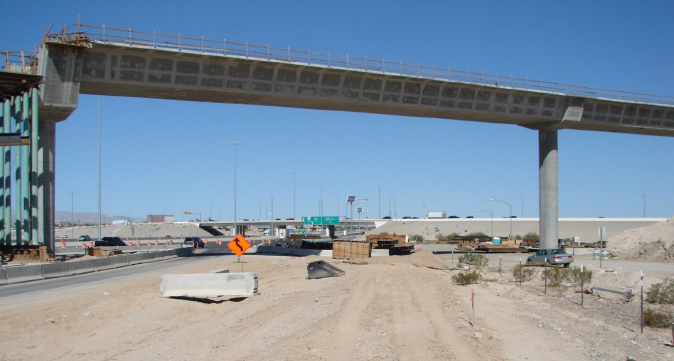Bridges serve as a vital component of our transportation infrastructure and play a critical role in connecting communities and facilitating commerce. Bridge structures require foundations that bear on (or in) competent soils or rock. A geotechnical engineer evaluates the subsurface conditions at the proposed foundation locations for stability, bearing resistance and potential settlement of soil and rock, in addition to their engineering properties to aid in the design and construction.
Geotechnical engineering is a branch of civil engineering involving using scientific methods and principles to collect and interpret the physical properties of the subsurface conditions. Geotechnical engineers’ participation in the planning, design and construction of transportation facilities that include bridges, earthworks and earth retaining structures is essential. Geotechnical engineers use their schooling and experience to evaluate the suitability of proposed foundation locations for bridge structures as they are developed.
Foundation design for bridges from a geotechnical perspective includes an evaluation of available literature (site maps, geologic maps, previous geotechnical reports, etc.), a detailed site investigation and characterization including borings, and laboratory testing to determine site geologic types and subsurface conditions. Recommendations based on geologic & subsurface conditions, seismic activity, and load and resistance are made taking into consideration American Association of State Highway and Transportation Officials (AASHTO), Federal Highway Administration (FHA), and Load and Resistance Factor Design (LRFD) standards.
Experienced geotechnical engineers and foundation specialists, who are intimately familiar with the regional soils and intimately knowledgeable about the regional construction procedures, are essential members of the design and construction team. Where knowledge, experience, and engineering judgment based on regional conditions is applied, GES, with 31 years of experience in providing geotechnical engineering services throughout Nevada, has such expertise.
Geotechnical bridge construction includes review of proposed solutions to any encountered unexpected site conditions such as groundwater or differing geologic types than previously reported or observed during the site investigation. Other potential geotechnical challenges during construction include wet or soft subgrade, deep foundation construction including volume changes, difficult excavation, and material quantity estimates. Having a geotechnical engineer available to your project during design and construction is critical especially an engineer that understands the intricacies of the project, subsurface conditions and reported geologic conditions to help expedite solutions to reduce schedule delays and increased costs.


